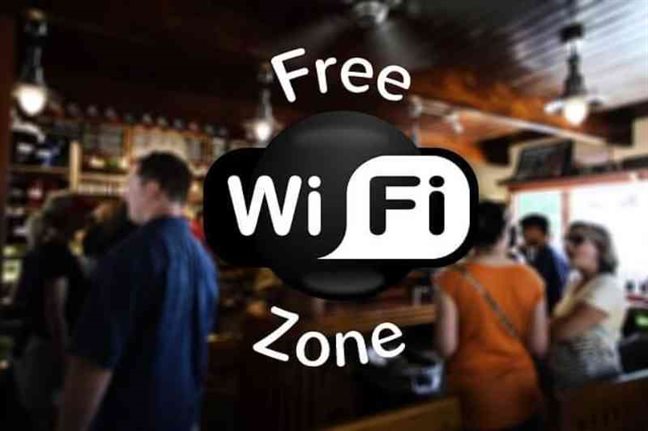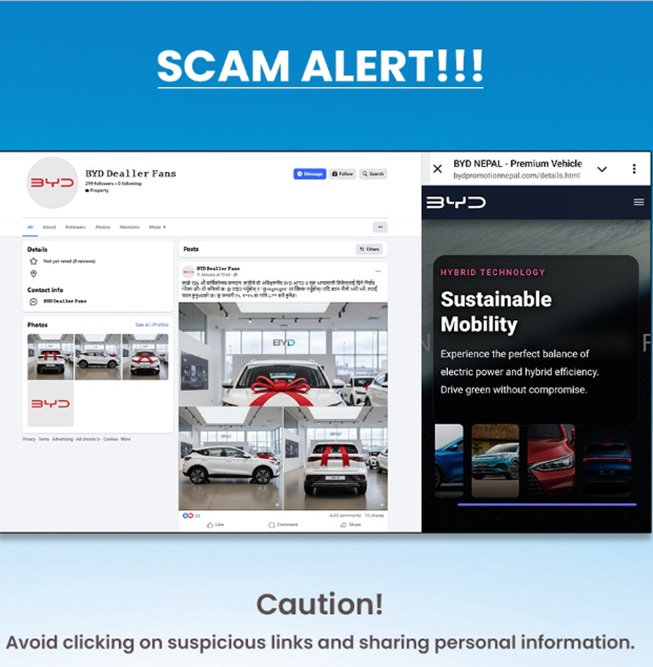Free WiFi Can Be Used To Hack Your Phone, Here’s How To Prevent It?
Thursday, September 5, 2019, Kathmandu
In today’s world, we feel the need to be constantly connected to the people. We have our phones connected with Wi-Fi all the time, we care more about the phone than the person. We become so happy if we get free Wi-Fi, as we need to check our notifications every minute.
Here’s the reminder for all of us, a wake-up call! to prevent your data and information from being hacked.
Cybersecurity expert, Jiban Bhattarai said, ” The free Wi-Fi cannot be that secure to prevent your private data and information. There is a high chance of data and information to be hacked”
Such free Wi-Fi can be hazardous in terms of privacy and security. When someone connects the device to free Wi-Fi, their devices address and IP address are registered in the router. Hackers can transfer data and can easily detect your browsing history and other information from your phone.
However, there are several ways to protect your data and information from malicious minds.
- Make sure to use a secure app and website: Unfortunately, every website is not trustworthy and secure to use. An unsafe website can spread malware, steal your information, send spam and more. Look for these signs that a website is safe :
- Look for the “s” in HTTPS: Many URLs begin with “https” to indicate that they are encrypted. This security is provided by an SSL certificate, which helps to protect sensitive information entered into the site as it travels from the site to a server. Without an SSL certificate, that information is exposed and easily accessible by cybercriminals. Make sure to check the URL starts with “https”
- Check for a website privacy policy, to know how your data is collected, used and protected by the website.
- Observe an icon with the words ” secure” or “verified”
Bhatta has explained that just to look news and information we don’t have to worry much regarding privacy but before entering Id and password into some website, you need to be cautious.
- Choose the right access point
Access point refers to the network and Wi-Fi that we use. Make sure to choose the right access point. Hackers many times leave the Wi-Fi open to all of us. It is widely preferred ways of hacking, So, you need to be sure that you choose the right access point.
3. Don’t forget to sign off / Log Off / Sign Out
Computers and online services do not know who is sitting at your computer. If the service does not log you off automatically, you will remain online. If someone else was to get on a computer that you’ve used recently, they could access accounts and steal or change information contained within them.
4.Using VPN
Virtual Private Network is another secure way of connecting your devices on the internet. It can be used to access region-restricted websites. when you connect your PC and mobile through VPN all your network traffic is sent over a secure connection to the VPN. VPNs are a fairly simple tool, but they can be used to do a wide variety of things.
1.Hide Your Browsing Activity From Your Local Network and ISP
- Access Geo-Blocked Website
- Bypass Internet Censorship
- Downloading Files
- Access Your Home Network While Travelling







